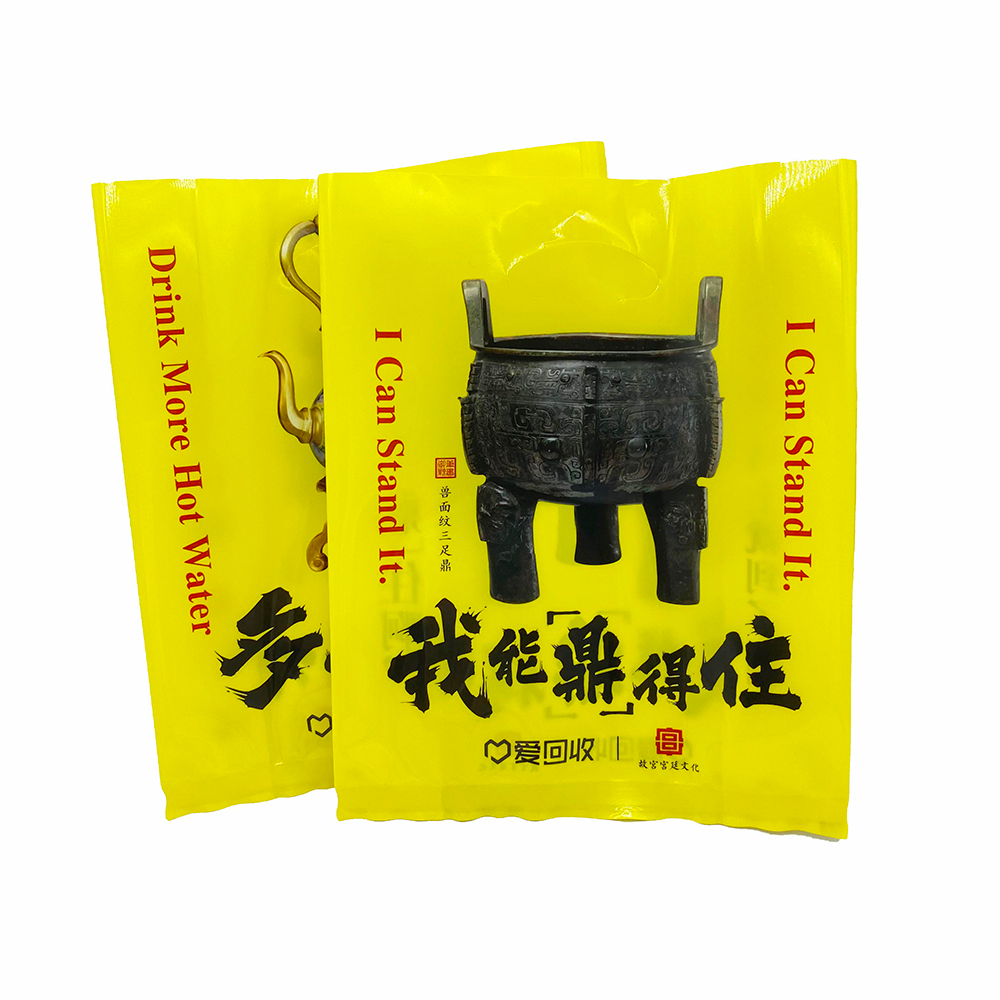To revisit this recipe, visit My Account, then View saved recipes.
To revisit this recipe, visit My Account, then View saved recipes Recyclable Clear Plastic Bag

All products featured on Epicurious are independently selected by our editors. However, when you buy something through our retail links, we may earn an affiliate commission.
I consider myself an early adopter of what eventually became the home sous vide craze. When I got my first giant immersion circulator, products like the Joule or the Anova Precision Cooker probably weren’t even a twinkle in anyone’s eye. And I gave little thought to that other piece of equipment that made my sous vide habit possible: the vacuum-sealed plastic bag. I wasn’t diving down internet rabbit holes trying to figure out how to scrub my life of single-use plastic. It was 2011, Obama was President, LMFAO was topping the charts. Life was too much fun for that.
The world is a different place now, I’m a different person, and there have been some environmentally friendly advances in the bag world. While many of the plastic bags used for vacuum sealing both for sous vide cooking and for general food preservation are recyclable, they’re still plastic bags with all the environmental, ahem, baggage that comes with them. But last year Vesta Precision, a company that makes vacuum-sealing and sous vide equipment, released VestaEco bags. They’re made out of PLA (polylactic acid) bioplastic, which is derived from natural ingredients and is biodegradable and compostable. The bags have been certified as both by both the BPI (Biodegradable Products Institute), perhaps the best-known American authority in the third party compost certification space, and the TUV, BPI’s European counterpart. Technical Inspection Association
VestaEco Compostable Vacuum Seal Bags
The bags are certified for commercial composting, so you may not be able to just throw them in your backyard compost pit, but as a representative from the BPI wrote to me, “BPI does not currently certify for home or backyard compostability, and BPI’s certification of these items is specific to commercial composting environments.” So it does not rule out backyard composting, it just isn’t something they certify for. A representative from Vesta wrote to say that the bags, “can be included with yard and food waste for curbside pickup and processing” and that they “will compost into inert elements within 6 months of being introduced to the compost microbiome.”
Importantly, the bags work just as well for me as more environmentally problematic plastic. I’ve been using them for tight seals in both sous vide cooking and general food storage—the salmon I cooked sous vide was totally airtight and stayed submerged in the water, and the chicken that I vacuum-sealed and put in my freezer for a couple months was totally free of freezer burn.
I’m not under any illusions that my switching to vacuum bags that will break down in a composter will alter the planet’s environmental trajectory or even that all you readers switching to them will. But if you’re a vacuum-sealing fanatic, it’s one small, easy step to take.
VestaEco Compostable Vacuum Seal Rolls

Food Vacuum Bag © 2024 Condé Nast. All rights reserved. Use of this site constitutes acceptance of our User Agreement and Privacy Policy and Cookie Statement and Your California Privacy Rights. Epicurious may earn a portion of sales from products that are purchased through our site as part of our Affiliate Partnerships with retailers. The material on this site may not be reproduced, distributed, transmitted, cached or otherwise used, except with the prior written permission of Condé Nast. Ad Choices